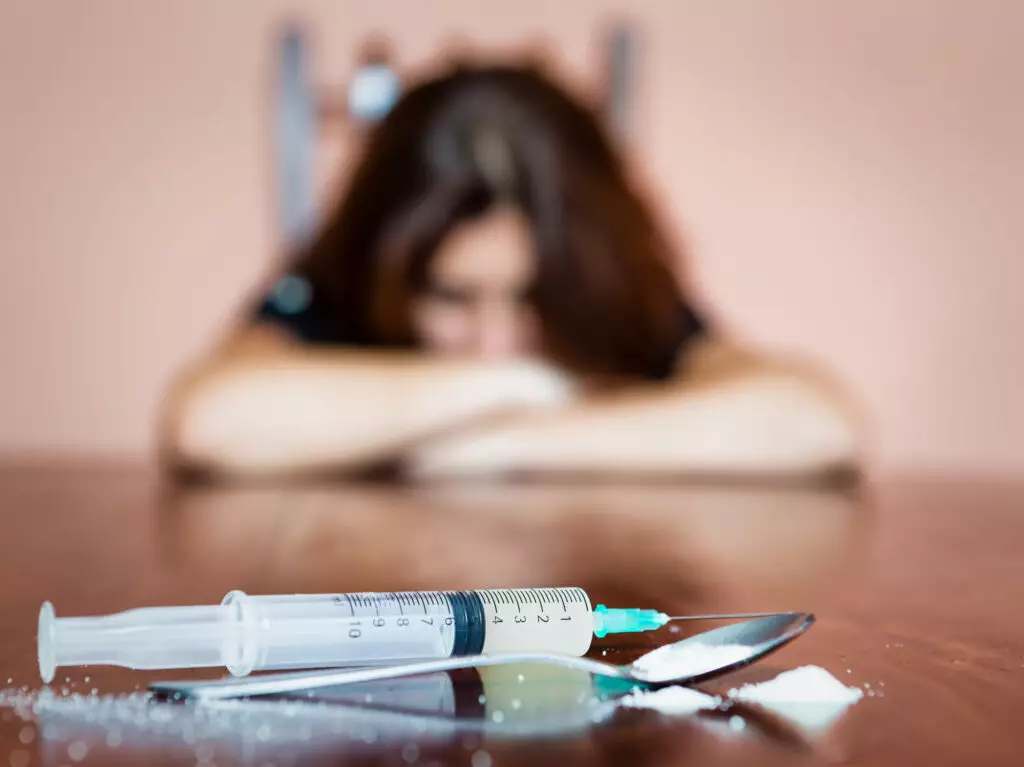Recovering from addiction and avoiding relapse can be one of the most difficult experiences a person can go through. This is especially true in the beginning stages, but it gets easier.
There are many ways you can make your recovery much smoother. It just takes time and dedication, but you can succeed.
These methods have been tested by many recovering addicts. All it takes is for you to pick the one best for you.
Relapse prevention can be hard. But by reading and following this guide and talking to your support system, avoiding a relapse will come naturally to you.
Avoid Triggers
Addiction triggers can take many forms. These range from people, to places and things that give you the craving to start using again.
The solutions to avoiding different triggers are varied.When it comes to certain situations that make you want to use or places, the solution is relatively simple: just avoid them.
People, on the other hand, are much harder to navigate. Complex social relationships factor into your contact with them and just avoiding people who make you want to use can be hard.
However, you should also keep in mind that your goal is avoiding addiction triggers. This means that you will have to sever any relationships that center around substance abuse.
It can be hard to say goodbye to an old drinking buddy, but you need to take charge and cultivate healthier relationships.
Join a Support Group
Developing healthier relationships can start by joining a support group. Studies show that people who join support groups are more likely to stay away from whatever substance they were using.
Joining a support group also provides structure and routine to your life that leaves you with less time to relapse.
Support groups are also places where you share a common goal with a group of people. This can be especially if most of your friends are still abusing substances.
Support groups are also places where you can talk freely about your experiences and get help and insight on coping skills for substance abuse from other people experiencing the same struggles you are.
Support groups are also full of people from all walks of life, and you may even end up making new friends.
Build Your Personal Support System
Support groups are great, but they’re not going to be around all the time. Being isolated and alone outside of your support group is also likely to trigger a relapse.
Boredom is one of the most common relapse triggers as well. Having nothing to do and a lot of time to think about nothing also isn’t good for your mental health in general.
That’s why you should make friends. A close group of friends you can spend time with and talk about your day to day life is fun. Having friends also mitigates the physical problems that come with loneliness.
Exercise Regularly
Exercise affects the brain in a way similar to many drugs and alcohol. Exercise releases endorphins and acts on dopamine receptors, although in a much different way than something like say, heroin.
The primary difference though is that exercise is good for you. Exercise can make you look and feel better than you did before.
If you combine exercise with a diet with low levels of refined sugar and high in protein, you’ll notice that your cravings also go down.
Take Care of Your Mental Health
Mental health is a huge part of preventing relapse. In fact, many addictions are co-occurring with mental health disorders like depression and anxiety.
If you have a history with any mental health condition, consult a professional. They will know what to do and can advise you on dealing with your mental health triggers with useful trigger strategies for avoiding relapse.
This is especially important if your mental health condition drove you to substance abuse.
By taking care of your mental health you lower the likelihood of finding yourself in those same positions you were in before.
If you used to self-medicate with drugs or alcohol, your therapist can prescribe you appropriate medication.
They can also talk to you about techniques that lessen your desire to abuse substances.
Art is Great for Relapse Prevention
One of the techniques a therapist might suggest is to express yourself creatively. By drawing or writing about how you feel you can understand your emotions better.
Art is also great for taking your mind off of drugs or whatever you used to use. People often turn to substance abuse to escape the world around them.
However, art can provide a much healthier temporary escape from reality.
Focusing on getting better at your craft also channels your emotions into a healthy endeavor, and occupies your mind, leaving less space for thoughts about drug use.
Rely on Yourself
You’re not always going to have your friends or support group around you, so it’s important to rely on yourself to cope with addiction triggers.
Art is especially great for this because it’s something you can do while you’re alone. Yoga is another great thing to do when you’re by yourself because it’s relaxing and good for your body.
No matter how you choose to cope, make sure that you’ve organized your life in a way that will make you feel ok with being by yourself.
Don’t Let Your Addictions Control You
You are more than your addiction. Avoiding unnecessary stress and controlling your environment are the keys to relapse prevention, and you will certainly master them.
As we’ve mentioned, staying away from mental health triggers is also important. But you should strive to overcome them at your own pace if you’re up for it.
Always remember that it is possible to move on with your life. Once you’ve overcome your addiction, you can begin your life again.
If you’re willing, you can even help others overcome their addictions. If you’d like more info and help for yourself or a loved one,feel free to contact us.

